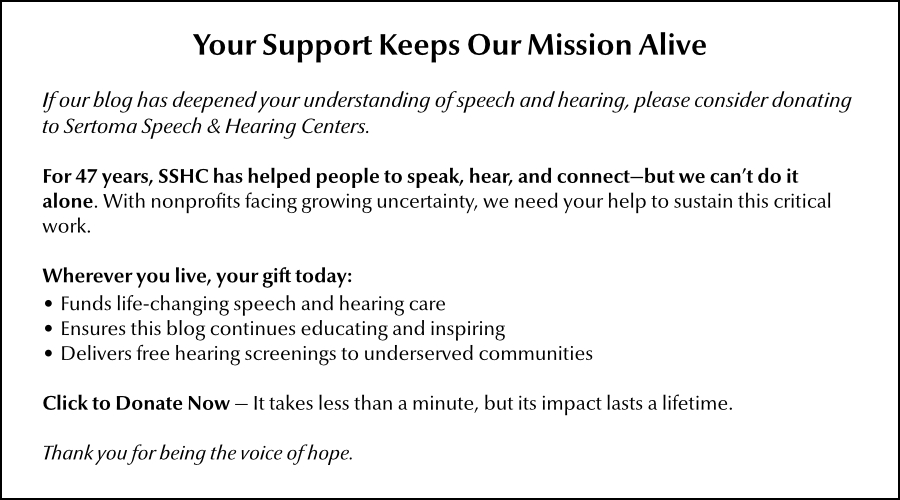New research shows that struggling to hear conversations in noisy environments triggers lasting changes in the brain's insula. These brain changes may shed light on the connection between hearing difficulties and increased dementia risk.
“Multiple studies have established correlations between hearing loss, speech-in-noise difficulties and dementia. Our findings show baseline brain connectivity changes that occur with poorer performance with speech in noise that may explain these connections. —David S. Wack, PhD, first author Associate Professor of Radiology in the Jacobs School of Medicine and Biomedical Sciences, University of Buffalo
Why it matters
Your brain’s efforts to decode unclear sounds may speed up cognitive decline. The study found that people with speech-in-noise difficulties show stronger connections between the insula (a brain hub for sensory and cognitive processing) and auditory regions—even when resting.
This constant compensation could strain networks also involved in memory, offering clues to the hearing-loss-dementia link.
“Your brain is always doing something. And when you have hearing loss, you are recruiting other areas of the brain to do more processing in order to decode what’s going on. What’s interesting is that we found the insula working harder when the brain was supposedly at rest, when there was no speech in noise.” —Dr. David Wack

How it works
Researchers studied 40 adults aged 20–80. Participants underwent hearing tests and brain scans while at rest. Resting-state MRIs revealed that those struggling with speech in noise had the insula working harder to connect with auditory areas—a sign of permanent rewiring.
The big picture
The insula is implicated in early dementia. When hearing loss forces the brain to “fill in” garbled sounds, it may overload shared neural pathways critical for cognition. Preserving clear sound input—through hearing aids or quieter environments—might ease this strain and protect long-term brain health.
A closer look
One surprising case: A participant with poor pure-tone hearing scored highest on speech-in-noise tests. The reason? They worked in a loud job, suggesting that practice in noisy settings might train the brain to adapt.
The takeaway
Tackling hearing issues early isn’t just about ears—it’s about safeguarding your brain. Simple steps like using hearing aids or training in noisy environments could help reduce cognitive strain. Researchers plan to explore this further, aiming to turn these insights into prevention strategies.
“You have a bad signal coming (the sound or the seen object) and then the brain is left to interpret what it means. Your brain fills in what works, what seems to make the most sense and it incorporates higher-level regions of the brain to do it. It’s not that hearing loss causes dementia, but if we could find a way to preserve the fidelity of the signal coming in, then the brain wouldn’t have to start compensating for that hearing loss.” —Dr. David Wack
Healthy hearing starts here
Learn about the health of your hearing with a free 15-minute hearing screening by an audiologist.
★ Call 708-599-9500 to schedule your free screening.
★ For facts about hearing loss and hearing aid options, grab your copy of The Hearing Loss Guide.
★ Sign up for our newsletter for the latest on Hearing aids, dementia triggered by hearing loss, pediatric speech and hearing, speech-language therapies, Parkinson's Voice therapies, and occupational-hearing conservation. We publish our newsletter eight times a year.
Don't let untreated hearing loss spoil your enjoyment of life.


